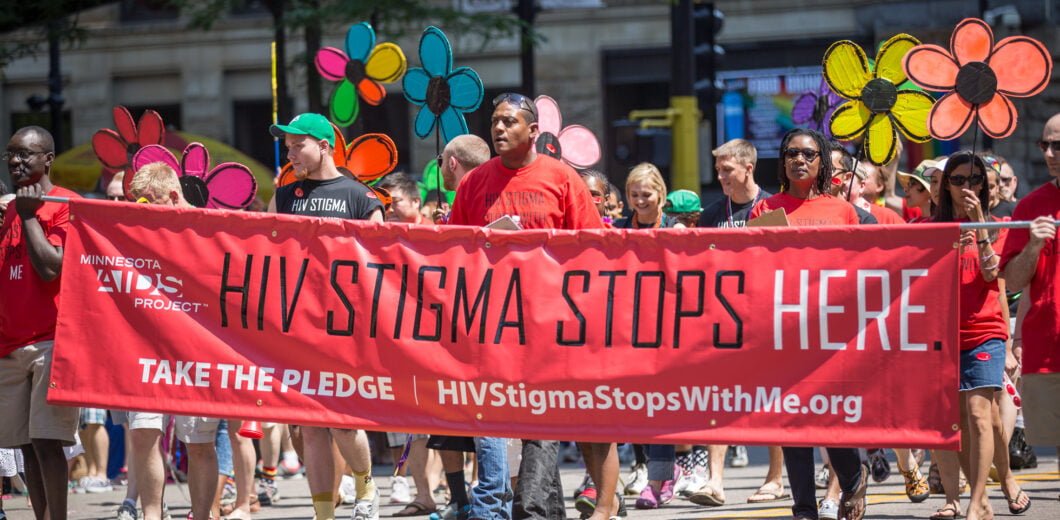Yesterday, 1 March, was Zero Discrimination Day. But what does zero discrimination really mean? Can it be achieved in a world full of military conflicts, gender-based violence, and racism, to name but a few of the issues that our societies are currently experiencing?
Well, we, the NGO Delegation representing the communities most at risk and affected by HIV, are not clairvoyants. We cannot look into 2030 and see whether the AIDS pandemic has ended or not. However, we are pretty sure about what actions should be taken for such an AIDS-free world to become a reality:
- There is equitable and equal access to HIV services and solutions for EVERYONE;
- There are no barriers to achieving HIV outcomes;
- Efficient HIV responses are fully resourced, sustained, and integrated into systems for health, social protection, humanitarian settings, and pandemic responses.
Sounds familiar? These are the main strategic priorities of the Global AIDS Strategy 2021-2026. We are almost two years into its implementation, but are we any closer to ending AIDS as a public health threat? Or are we going to develop the Global AIDS Strategy 2026-2030 and call it “Starting from scratch: How to end AIDS by 2050”?
March 1 comes and goes. Inequalities stay. Criminalization stays. Discrimination stays. We love the statements organizations and politicians make every year, but we love it even more when they take action.
Take action.

